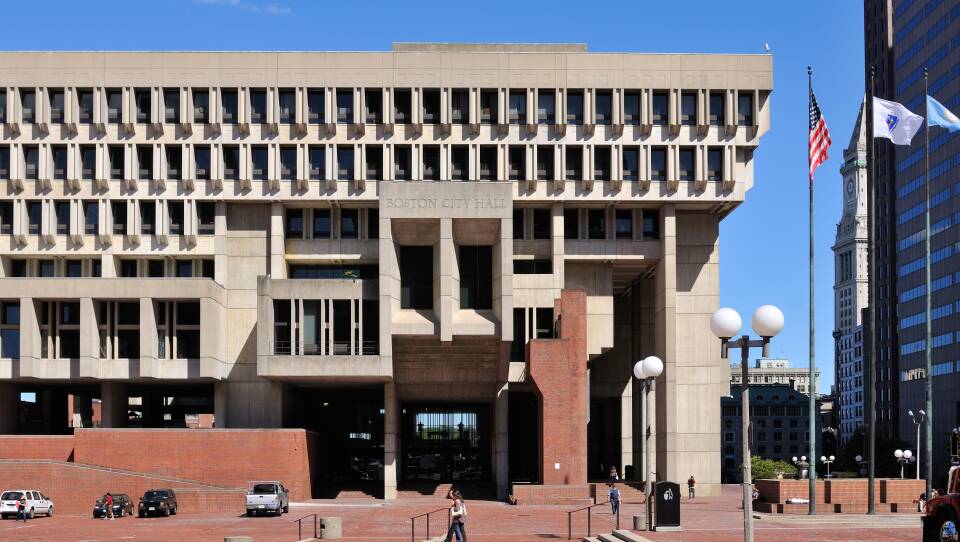The Boston City Council gave acting Mayor Kim Janey a political rap on the knuckles Wednesday when it voted itself the authority to remove Janey from power.
The council voted 10 to 1 to change its rules so that two thirds of its members could replace the city council's president.
Janey's power as acting mayor is an extension of her role as city council president, according to the City Charter.
If Janey ceased to be council president, she would cease being acting mayor, the reasoning goes.
Multiple councilors said there are no plans to remove Janey, but the very act of giving themselves the power to do so sends the acting mayor a message.
East Boston councilor Lydia Edwards, who offered the change, dismissed the idea that the council might act on its power.
“People are going to speculate,” she told GBH News in an interview after the council meeting.
During the meeting, Edwards said that since the council chooses it's leader, it's up to the council to police him or her: "As the president's power grows, so must the president's accountability."
The measure was not listed on the council agenda. It came as a surprise to spectators, but was clearly known to be in the works by councilors who voted in favor of the change with little debate.
The move comes as some city hall insiders say Janey has become imperious, over stepping the acceptable boundaries and conventions of an acting mayor.
In a statement, Janey said she “supports the right of the City’s legislative body to determine its own leadership,” and pointed to her signature on the Edwards’ ballot question that “clears the way for greater participation by council members in Boston’s budgeting process.”
Janey’s office did not offer an immediate legal analysis of what the rule change could mean for her status as acting mayor.
The only councilor to oppose the measure was Ricardo Arroyo, a Janey ally, who said it’s bad policy to “make rules on the fly.”
“The idea that those who elect somebody to lead them should be to de-select [that person] isn’t a bad idea,” he told GBH News. “We have a process for creating rules, we also have a rules committee,” he said pointing to the normal course of legislation moving through the council.
At-Large Councilor Julia Mejia voted “present.”
Reparations
Mejia sponsored another measure that will kick off the council’s grappling with reparations for Black Bostonians.
“Having grown up here in the city of Boston and understanding the deep racial issues that we have yet to come to terms with, this, I believe is an opportunity for us to really unpack the truth and get to the core of a lot of racial inequities that persist here,” Mejia said after the council took up the hearing order.
Mejia, who is an Afro-Latina, said that she wants the city to recognize its role in harming Black Americans, then try to repair that harm, not necessarily only by financial means.
“There’s many ways to repair the harm. … We could look at our education system, we could look at our housing, we could look at our commercial vacancies,” she said. “I think the first part of the conversation is defining what the harm is.”
Mejia said she wants to have the hearing in time for the Juneteenth holiday.





